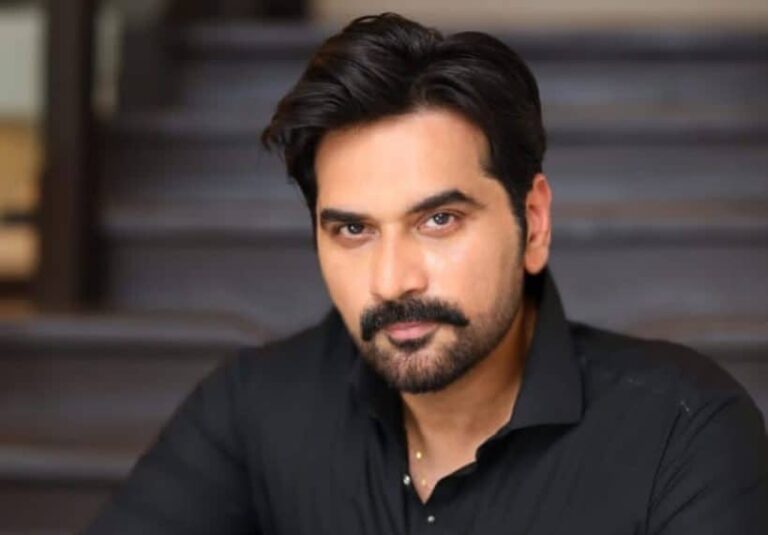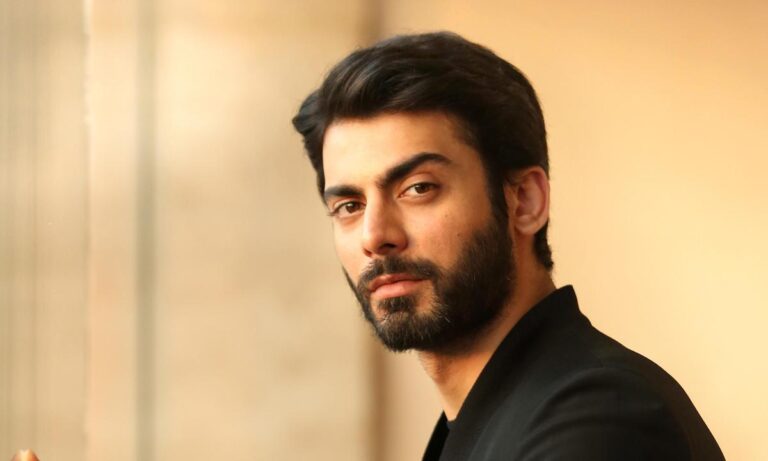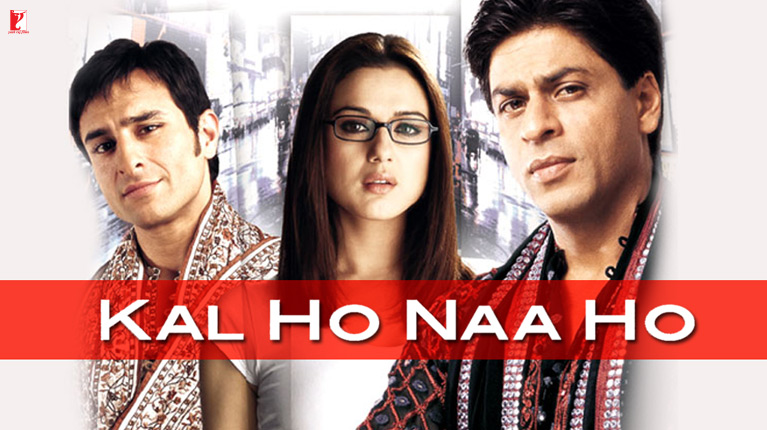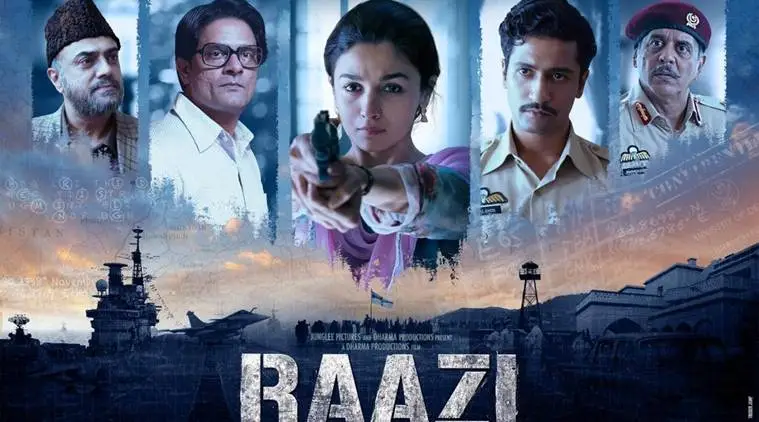Qissa Meherbano Ka Drama Review: Qissa Meherbano Ka (QMK) captivated Pakistani audiences with its intriguing premise. Written by the acclaimed Fakhra Jabeen and directed by Iqbal Hussain, the drama promised a unique exploration of love, sacrifice, and societal expectations. However, despite a talented cast and interesting themes, QMK ultimately suffers from uneven pacing, a lack of directorial focus, and questionable narrative choices.

A Compelling Beginning: Unfulfilled Promises and Forbidden Love
The drama opens with a captivating introduction to Meherbano (Mawra Hocane), a woman burdened by a decade-long marriage that exists only on paper. Married young to Murad Ali (Ahsan Khan) due to family pressure, Meherbano has never lived with her husband or experienced a true marital life. Enter Mehran (Zaviyar Noman Ejaz), a distant cousin willing to overlook Meherbano’s complicated marital status and offer her a chance at happiness. This initial set-up creates a compelling tension, forcing Meherbano to navigate societal expectations, unfulfilled desires, and the possibility of a new beginning.
Strengths: A Stellar Cast and Intriguing Themes
QMK boasts a strong cast with Mawra Hocane delivering a heartfelt performance as the resolute Meherbano. Ahsan Khan portrays the conflicted Murad with a simmering intensity, and Zaviyar Noman Ejaz brings warmth and empathy to Mehran’s character. The drama explores themes of societal expectations around marriage, the resilience of women, and the complexities of unfulfilled love. These elements had the potential to create a powerful narrative.
Lost in Execution: Pacing Issues and Directorial Shortcomings
However, QMK falters in its execution. The pacing is uneven, with some episodes dragging and others feeling rushed. Directorial choices often leave the viewer wanting more. Certain scenes lack emotional depth, while crucial plot points are underdeveloped. This inconsistency undermines the impact of the narrative and leaves the audience feeling emotionally disconnected.
The Murad Ali Conundrum: A Flawed Character Arc
A significant flaw lies in the development of Murad Ali’s character. Initially presented as a victim of circumstance, Murad’s motivations become increasingly unclear. His financial woes and emotional turmoil are not explored deeply enough. This lack of character development prevents the audience from fully empathizing with him, creating a narrative gap.
Family Dynamics: A Missed Opportunity
The dynamics within Meherbano’s family, particularly with her overprotective father, Abba Miyan (Mohammad Ahmed), had the potential to add another layer of complexity to the story. However, these relationships remain underdeveloped, leaving the audience wanting a deeper exploration of the emotional entanglements.
The Noor Subplot: A Distraction from the Core Narrative
The introduction of Noor (Areej Mohyudin), Meherbano’s niece, creates a subplot that feels unnecessary and disrupts the flow of the main story. While it potentially highlights the theme of family responsibility, the subplot lacks proper focus and ultimately feels like an unwelcome diversion.
A Satisfying Ending, But a Long Road to Get There
Despite its shortcomings, QMK manages to deliver a relatively satisfying ending. Meherbano finds her voice and makes a courageous decision about her future. However, the journey to that ending feels unnecessarily long and arduous due to the pacing and narrative issues.
Qissa Meherbano Ka (QMK) transcends the limitations of its narrative to offer a glimpse into the social realities of Pakistani society. Here’s a deeper look at the underlying commentary woven into the drama:
The Plight of Unfulfilled Marriages:
Meherbano’s decade-long marriage on paper reflects a harsh reality for some Pakistani women. Societal pressure often dictates marriage decisions, leading to situations where emotional connection and fulfillment are absent. QMK sheds light on the emotional toll such arrangements can take, sparking a conversation about the importance of compatibility and personal choice in marriage.
The Strength of Women:
Despite societal constraints, Meherbano emerges as a strong character. She navigates difficult choices, challenges traditional expectations, and ultimately takes control of her own destiny. QMK can be seen as a subtle commentary on the growing strength and agency of women in Pakistani society. While societal pressures remain, the drama highlights a shift towards female empowerment.
The Burden of Family Obligations:
Family ties hold immense importance in Pakistani culture. QMK portrays the weight of responsibility Meherbano carries towards her family. Her sacrifices and unwavering support for her niece, Noor, highlight the complex web of familial duties that can sometimes overshadow personal desires. The drama sparks a discussion about balancing family obligations with individual aspirations.
The Changing Face of Love:
The concept of love in QMK deviates from traditional portrayals. Meherbano’s yearning for love and fulfillment extends beyond societal expectations. The drama acknowledges the complexities of love in a modernizing society, where personal happiness and emotional connection hold growing importance.
A Look at the Changing Landscape of Pakistani Dramas:
QMK reflects the evolving landscape of Pakistani dramas. While societal themes remain important, viewers are increasingly seeking well-developed narratives with strong character arcs. The critiques surrounding QMK’s execution indicate a growing audience demand for more nuanced and impactful storytelling.
Missed Opportunities for Deeper Commentary:
Despite its underlying social commentary, QMK fails to fully capitalize on its potential. The underdeveloped subplot involving Noor and the lack of depth in Murad’s character arc prevent the drama from exploring these themes with greater complexity.
Conclusion: A Promising Premise Unfulfilled
Qissa Meherbano Ka is a drama with a lot of potential. It tackles intriguing themes and boasts a talented cast. However, the uneven execution, directorial choices, and underdeveloped plot points prevent it from reaching its full potential. While it offers some moments of emotional resonance, ultimately QMK feels like a missed opportunity for a truly compelling story.
Share this content:













+ There are no comments
Add yours